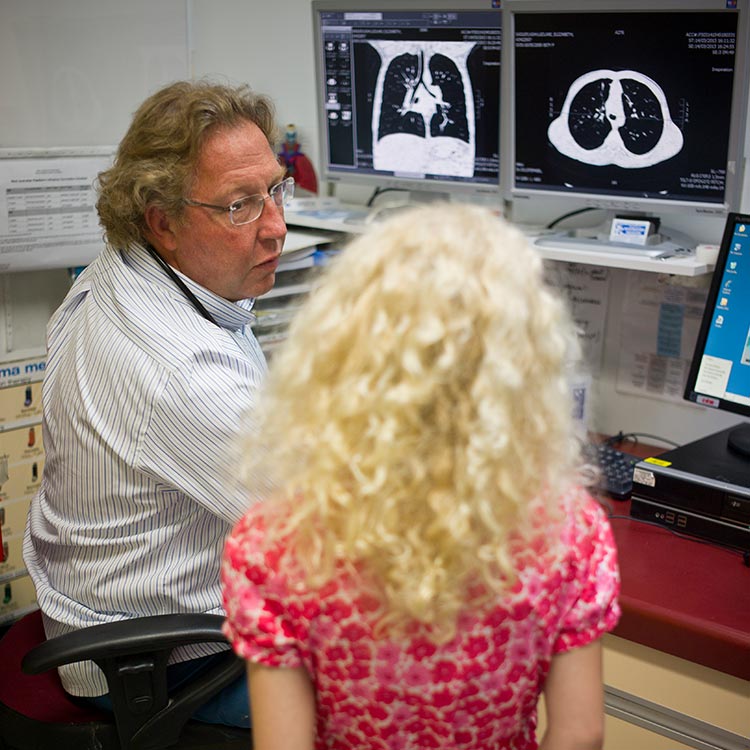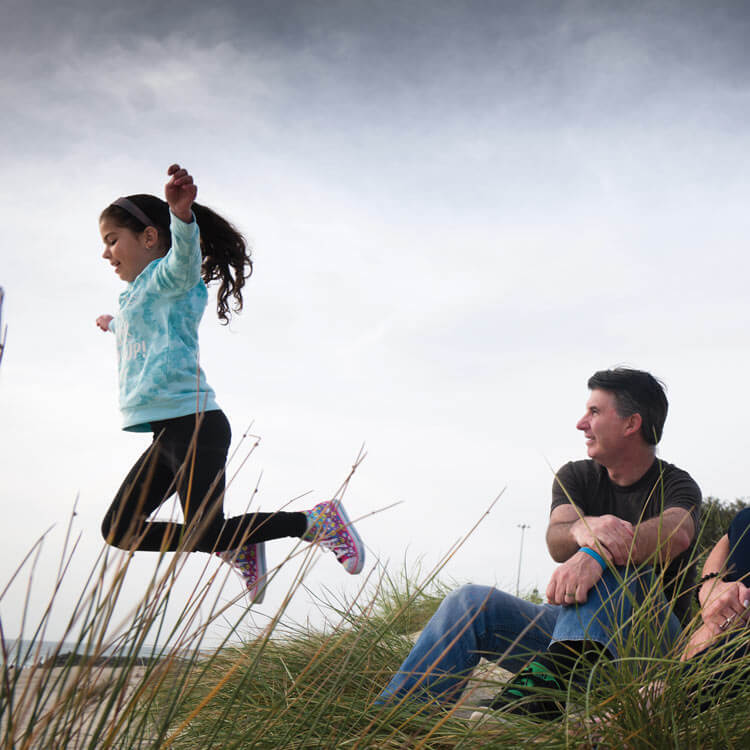Search
Stopping Acute Rheumatic Fever Infections to Strengthen Health
Research
Gender DiversityNot all children or teenagers identify with the gender they were assigned at birth. As a result, some may choose to change their name, their clothes or their body. With considerably higher rates of depression, anxiety, self-harm and attempted suicide, the need for specialist mental health services has been recognised.
Research
Intellectual DisabilityAbout 2 per cent of children are estimated to have an intellectual disability. The cause of the condition is unknown in at least 50 per cent of cases.
Research
“Beacon” Cyber App Project with BankwestThe Kids Research Institute Australia and Bankwest partnered together from 2019-2022 to develop a cyber safety app that provides parents and carers with the knowledge and skills to help their children thrive in a digital world.

News & Events
Treat early to protect lungsEarly intervention is being touted as the key to preventing lung damage in children with cystic fibrosis.

Hope ahead for children with CF, as life expectancy continues to grow thanks to research.
Research
Eating and drinking abilities and respiratory and oral health in children and young adults with cerebral palsyTo investigate the potential risk factors of respiratory illness (ethnicity, oral health, and eating and drinking ability) in children and young adults with cerebral palsy.
Young Minds Matter is the second Australian Child and Adolescent Survey of Mental Health and Wellbeing.
Research
Impact for DCDMelissa Gail Matt Jenny Andrew Videos Licari Alvares Cooper Downs Whitehouse Watch and listen to Andrew PhD PhD BCA Marketing, BSc Statistics and
